Putin announces three-day ceasefire in Ukraine for May celebrations
- Update Time : Tuesday, April 29, 2025
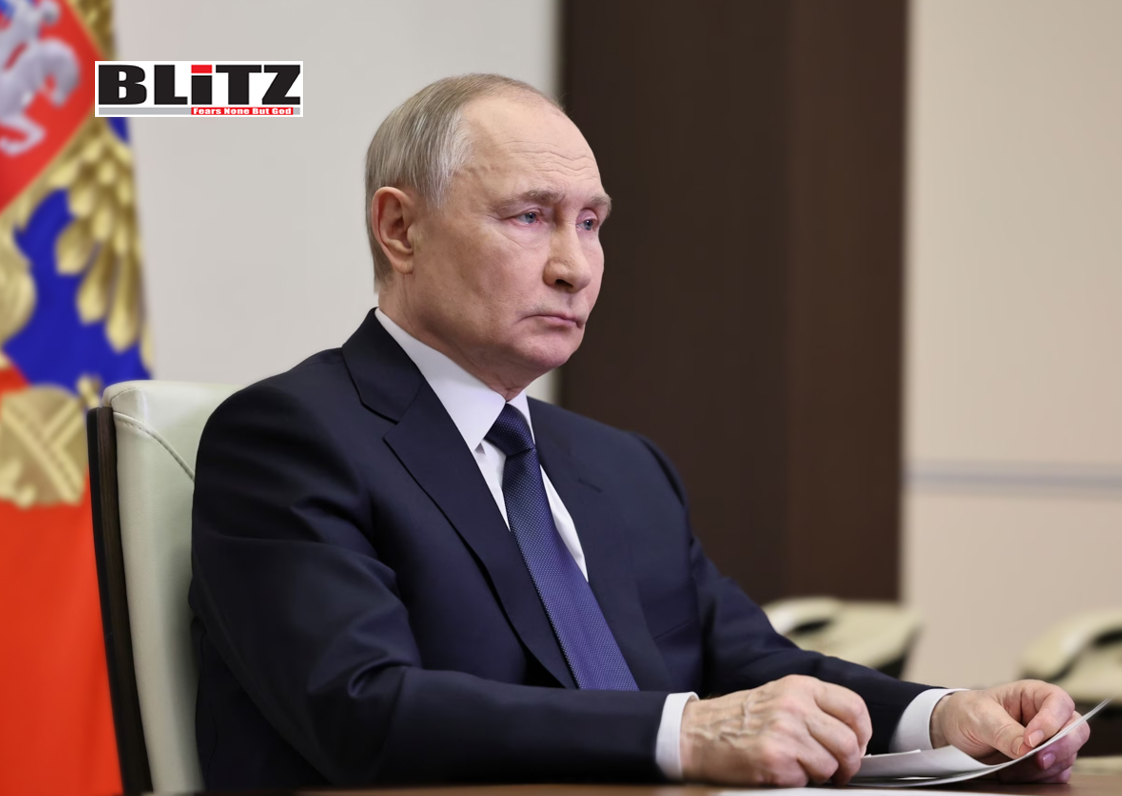
In a surprising move aimed at projecting Russia’s willingness to seek peace, President Vladimir Putin announced on April 28 a three-day ceasefire in the war with Ukraine. Scheduled for May 8–10, the ceasefire is intended to coincide with the 80th anniversary of the Soviet Union’s victory in World War II-a date of immense historical significance in Russia.
The Kremlin confirmed the ceasefire would cover May 8, May 9-the day Russia holds its annual Victory Day parade-and May 10. It emphasized that “all military actions are suspended for this period” and encouraged Ukraine to reciprocate. In a statement, Moscow declared, “Russia believes that the Ukrainian side should follow this example. In the event of violations by the Ukrainian side, Russia’s armed forces will give an adequate and effective response.”
The announcement comes just days before President Putin is set to host major celebrations in Moscow, attended by international leaders including Chinese President Xi Jinping. Against the backdrop of growing impatience from Washington and European capitals over the stalled conflict, Putin’s ceasefire offer appears designed to signal continued openness to peace efforts-a narrative that Kyiv and its Western allies view with deep skepticism.
Ukrainian Foreign Minister Andrii Sybiha quickly dismissed the Kremlin’s gesture, suggesting it was more about optics than genuine de-escalation. Posting on X (formerly Twitter), Sybiha remarked, “If Russia truly wants peace, it must cease fire immediately. Why wait until May 8th?” He insisted any ceasefire should be “real, not just for a parade.”
Ukraine has repeatedly accused Russia of exploiting temporary truces to regroup and reposition forces rather than pursuing meaningful peace. Sybiha reiterated Kyiv’s longstanding offer for a broader 30-day ceasefire, emphasizing that Ukraine had been “constantly proposing” such a measure. In contrast, Moscow has consistently indicated it seeks a full political settlement, not a temporary halt to fighting.
The skepticism in Kyiv reflects broader concerns among Ukraine’s allies. A previous 30-hour Easter ceasefire, unilaterally declared by Russia, was marred by accusations from both sides of repeated violations, further eroding trust.
The White House cautiously welcomed Putin’s announcement but pressed for a more lasting resolution. National Security Council spokesman Brian Hughes stated, “While President Trump welcomes Vladimir Putin’s willingness to pause the conflict, the president has been very clear he wants a permanent ceasefire and to bring this conflict to a peaceful resolution.”
President Trump’s administration has increasingly voiced frustration with Moscow’s actions. Just last week, Trump publicly criticized Putin following a deadly Russian attack on Kyiv, expressing concern that the Kremlin leader was “just tapping me along”-a reference to fears that Russia was merely stringing out negotiations to its advantage. Washington has warned that its peace efforts could be abandoned if tangible progress is not made soon.
On April 27, Trump urged Russia to stop its attacks entirely and implied that Ukrainian President Volodymyr Zelenskiy might be willing to concede Crimea-a region Russia annexed in 2014- as part of a final settlement. Zelenskiy, however, has repeatedly rejected any such proposal, stressing that ceding Crimea would violate Ukraine’s constitution. Kyiv did not immediately comment on Trump’s latest remarks.
Despite the latest Russian overtures, major obstacles remain. The Kremlin has said it is open to “peace talks without preconditions,” focusing on addressing the “root causes” of the Ukrainian crisis. However, Ukraine currently maintains a legal ban on negotiations with Putin, following Russia’s illegal annexation of four Ukrainian regions in 2022-a move condemned internationally at the United Nations.
Kremlin spokesman Dmitry Peskov acknowledged this barrier, stating that Ukraine must first lift the ban to allow direct dialogue to proceed. Yet in Kyiv, the dominant perception is that Russia’s offers are insincere, aimed at buying time rather than genuinely seeking a negotiated end to the conflict.
“Russia wants a pause, not peace,” one Ukrainian official remarked anonymously. “They want to consolidate their territorial gains while the world is distracted by parades and ceremonies.”
Putin’s decision to link the ceasefire to World War II commemorations is laden with symbolism. Victory Day remains one of the most potent national holidays in Russia, reinforcing narratives of resilience against foreign aggression. Hosting international dignitaries like Xi Jinping under the banner of wartime victory allows Moscow to project strength and legitimacy domestically while signaling continued global partnerships-particularly with non-Western powers.
However, the growing impatience from Washington complicates Russia’s diplomatic calculus. US officials are increasingly wary that temporary ceasefires serve Moscow’s military interests rather than fostering real progress. The Biden administration, too, had faced accusations earlier in the conflict of moving too cautiously in supporting Ukraine, a narrative Trump has seized upon to present himself as a stronger potential negotiator.
Meanwhile, Ukraine continues to deepen its ties with Western partners, with Foreign Ministry spokesman Heorhii Tykhyi emphasizing the need to finalize a critical minerals deal with the United States. Such economic agreements are seen as bolstering Ukraine’s long-term resilience against Russian aggression.
Despite the announcement, Russia’s ceasefire offer came with explicit warnings. Should Ukraine violate the ceasefire terms, the Kremlin vowed “an adequate and effective response,” underscoring the fragility of any potential pause.
The mixed messaging-proposing peace while threatening retaliation-illustrates the deep mistrust that now defines the Russia-Ukraine relations. Both sides accuse each other of bad faith: Ukraine argues that Russia wants a ceasefire on its own terms, while Russia claims that Kyiv refuses to compromise.
Even if the guns fall silent for three days in May, the prospects for a lasting peace remain dim unless deeper issues are addressed. Trust, sovereignty, territorial integrity, and accountability for wartime actions continue to be profound sticking points.
Putin’s three-day May ceasefire offer is, at best, a small glimmer of hope amid a grim and grinding conflict. But for now, it appears more as a tactical move timed for political advantage than a genuine step toward ending Europe’s deadliest war in generations.
With both sides locked into hardened positions, and with Washington increasingly frustrated by the lack of substantive progress, the world watches warily to see if even this brief truce can holdor whether it, too, will be yet another fleeting lull in a brutal and protracted war.
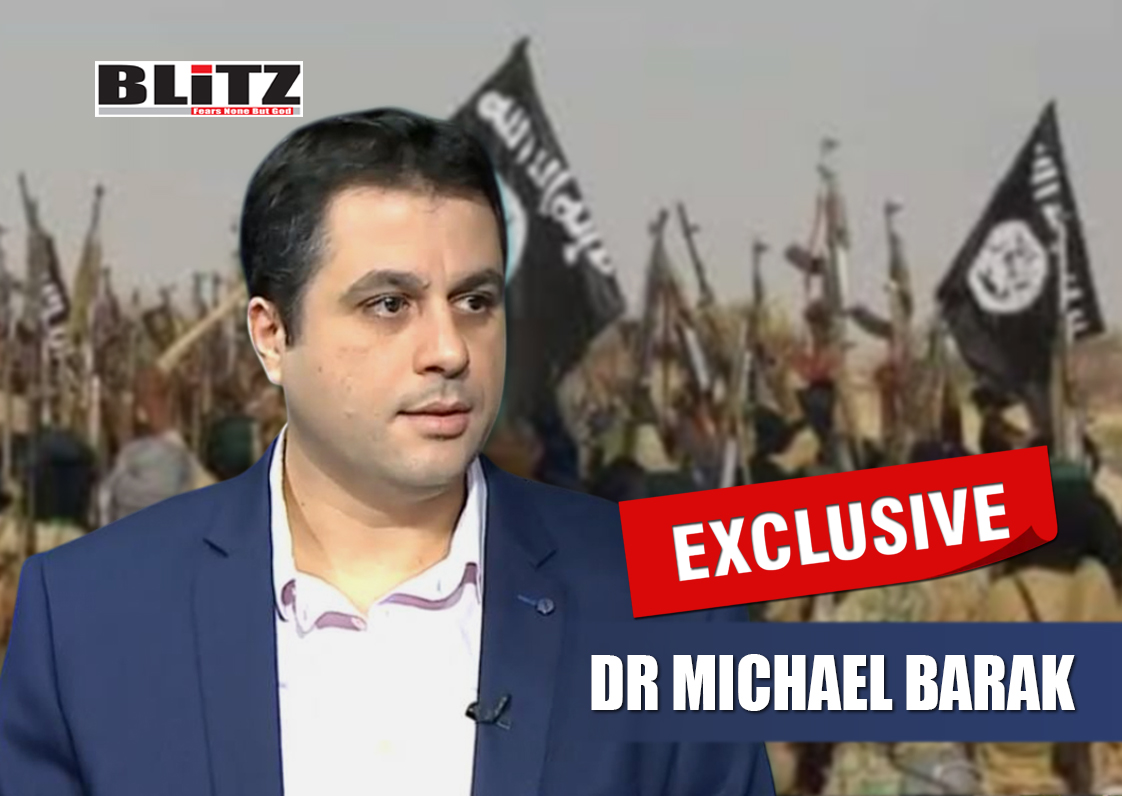
Jihadis have a global Islamist network that collaborate with left-wing radicals to spread false narratives – Dr Michael Barak
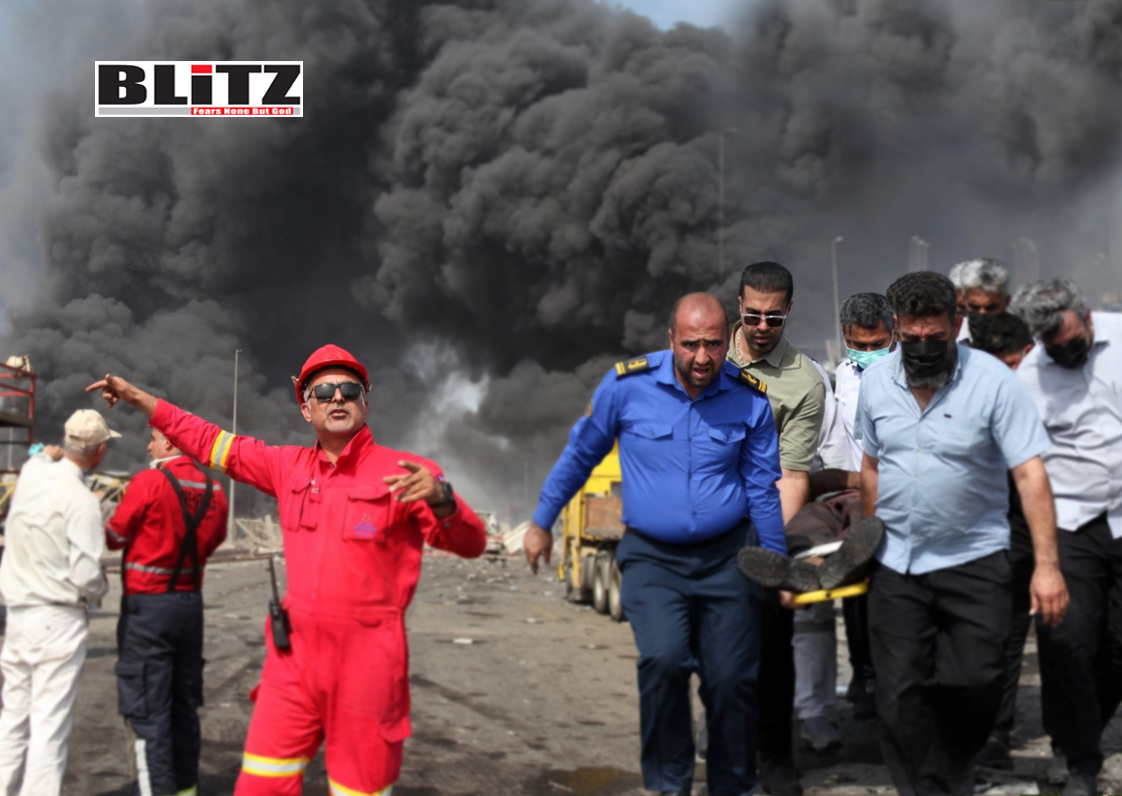


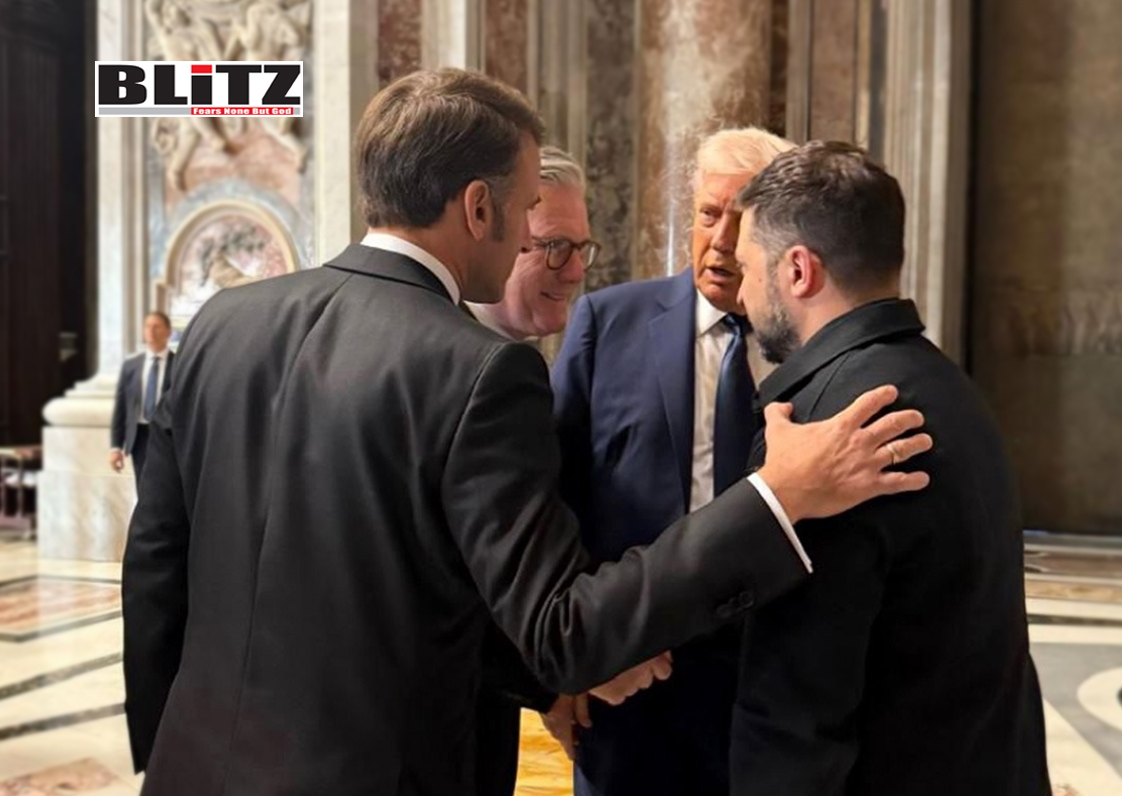
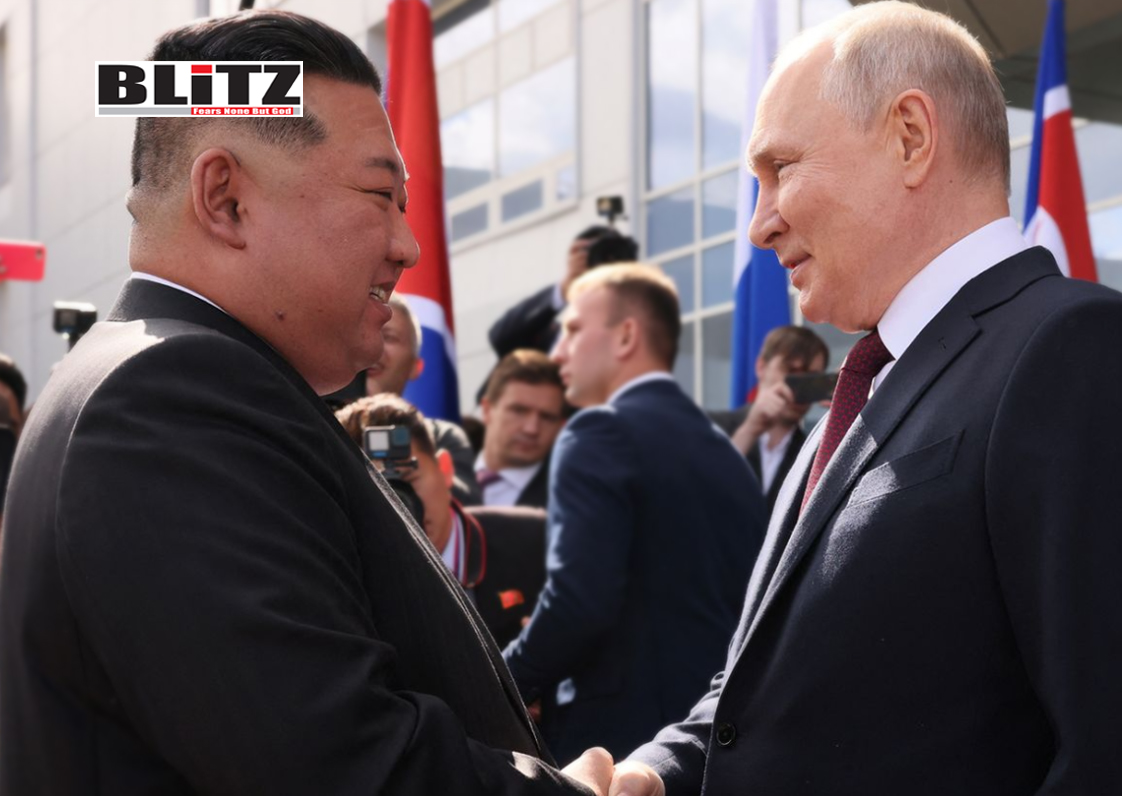
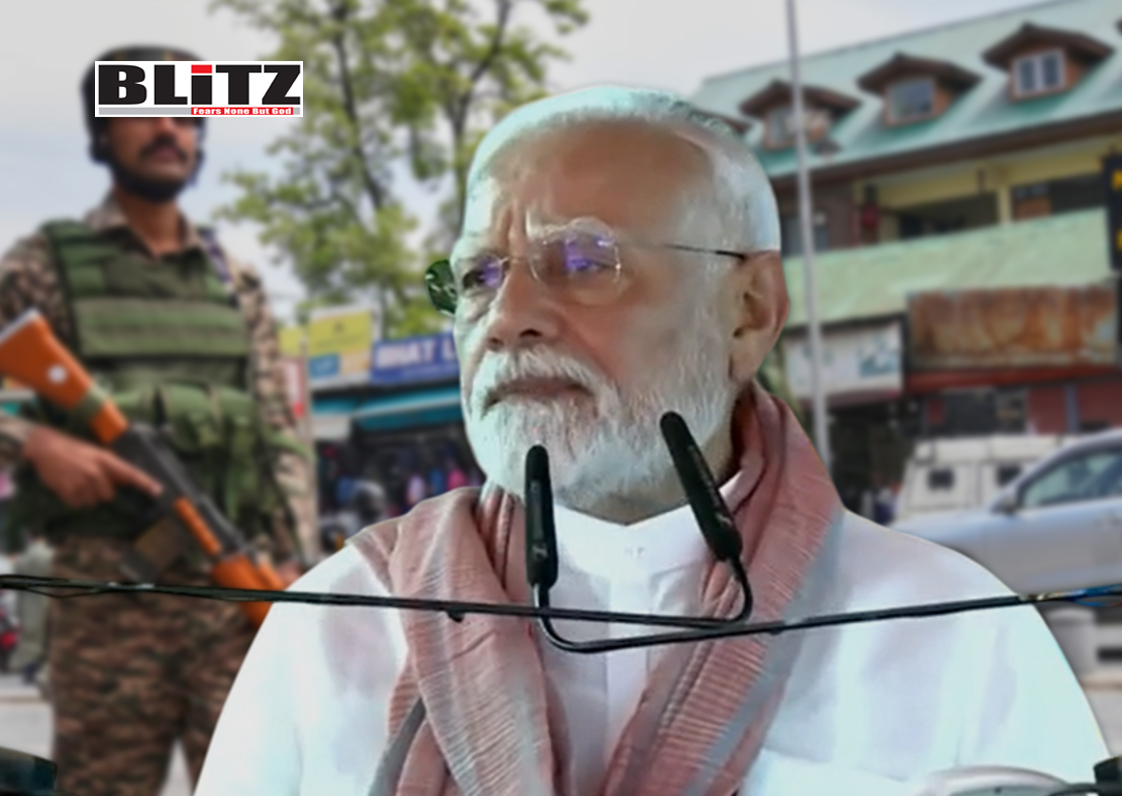
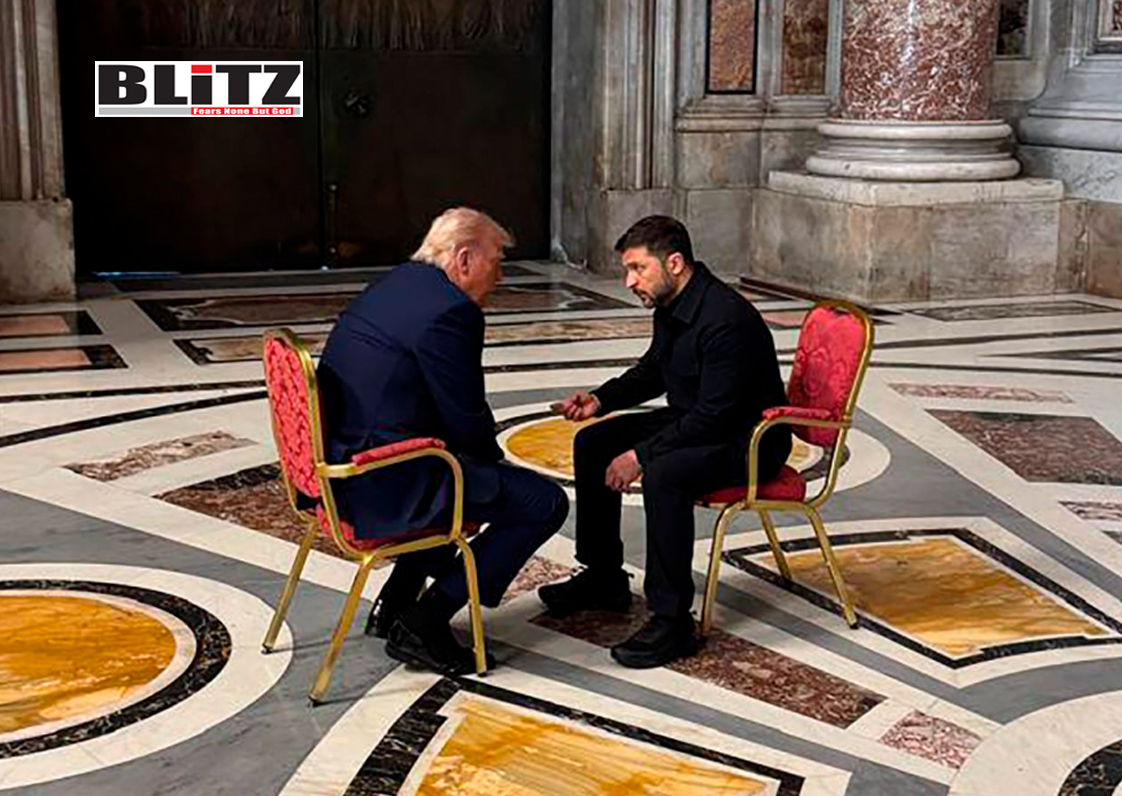
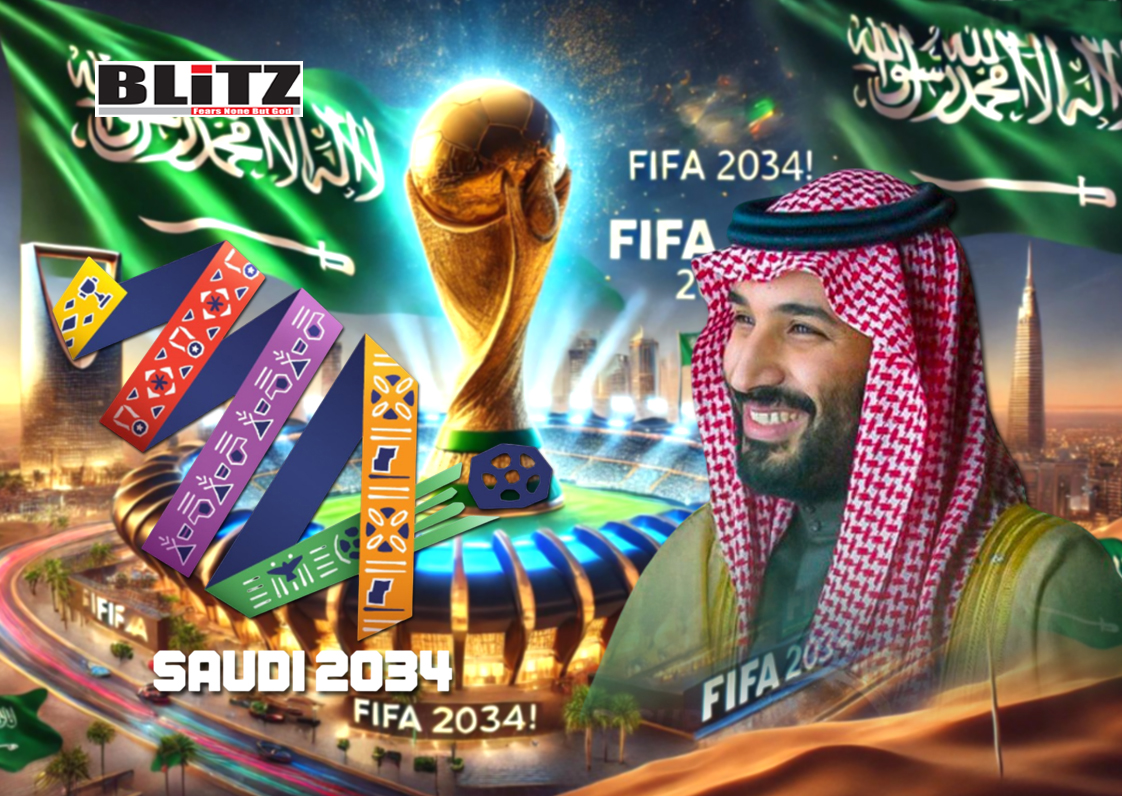


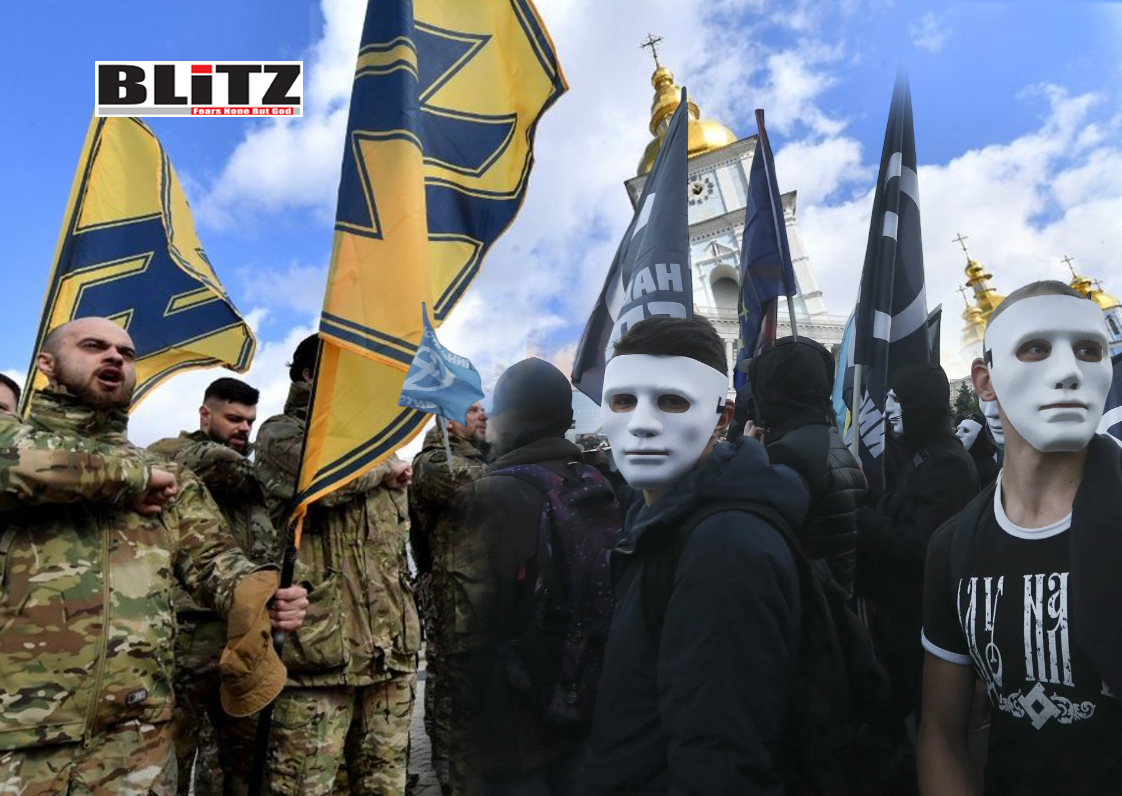
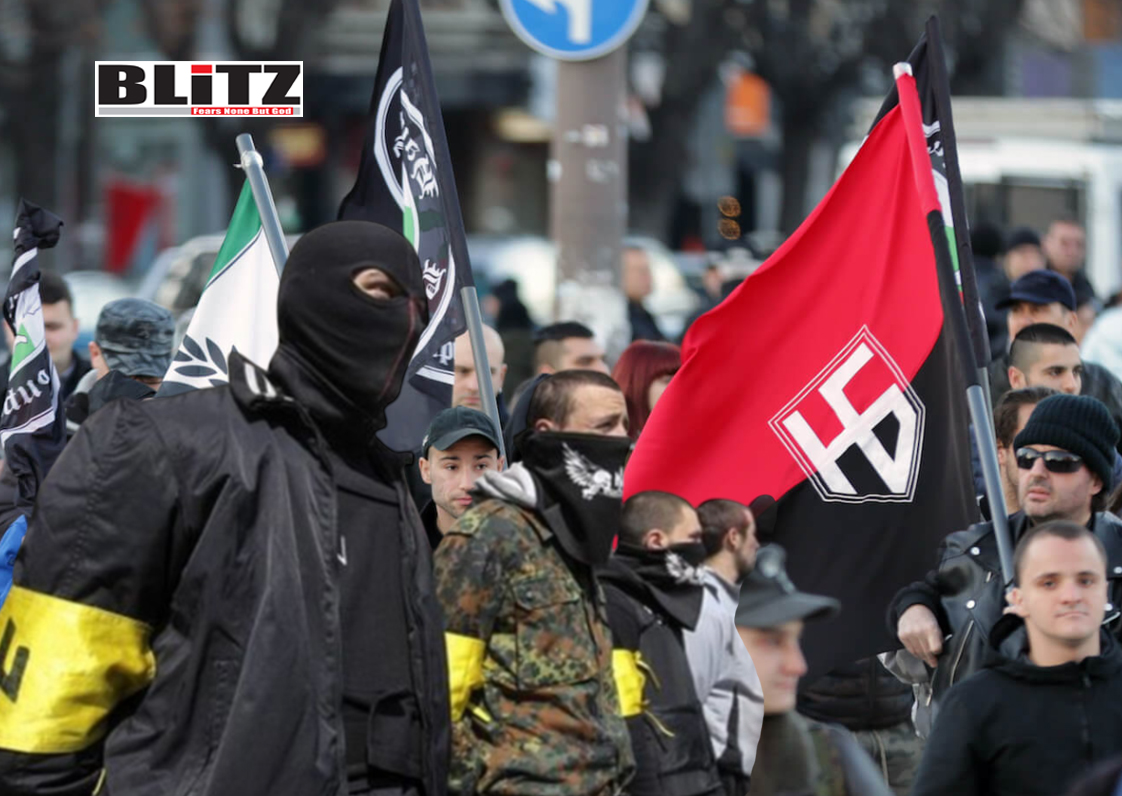
Leave a Reply